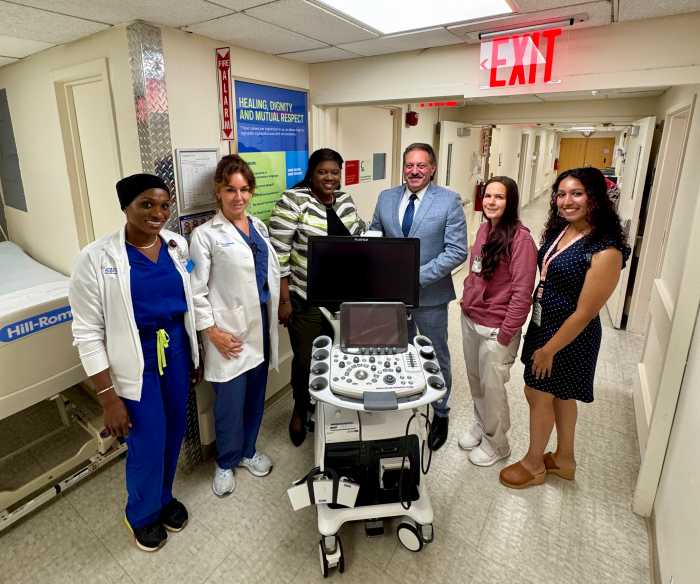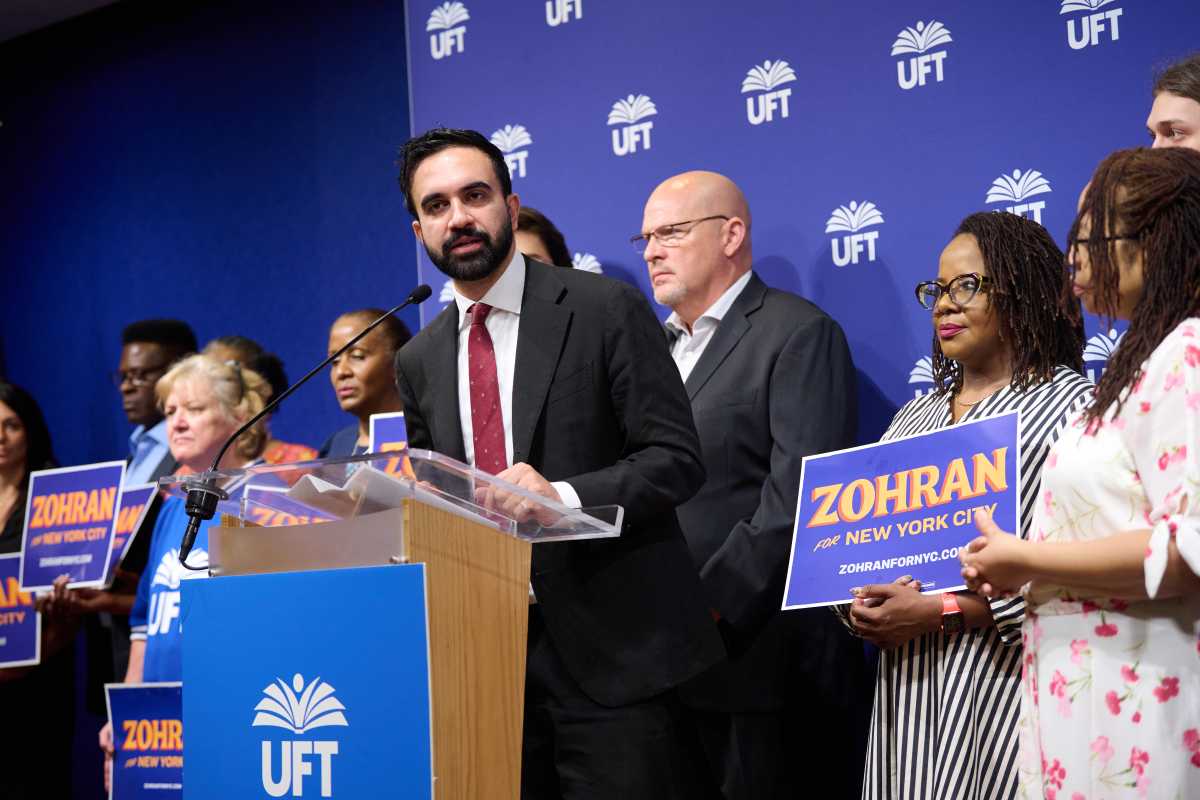By Michelle Han
Leaders in Richmond Hill's large Indo-Caribbean community are participating in a census awareness campaign to ensure an accurate count of the minority population in this year's U.S. Census, which begins next month.
Indo-Caribbean leaders are hoping an accurate count will give the community more weight in demographic figures that determine the redrawing of government districts where they live and work, funding for schools their children attend as well as funds for other programs in their community.
An Indo-Caribbean Census 2000 Awareness Day, with nearly 30 public and private agencies as sponsors, is planned for this Sunday at CalypsoCity, where the U.S. Census Bureau's New York regional director and leaders of the Indo-Caribbean community will speak about the importance of the census.
They will also try to dispel the reluctance most immigrants have of relinquishing information about where they live, for fear it will come back to hurt them.
Organizers of the event say the Indo-Caribbean population – immigrants of Indian descent who came from Guyana or other parts of the West Indies – may be undercounted by as many as 40 percent. They say the Indo-Caribbean population in New York City could be as high as 250,000, with the more than half living in or around Richmond Hill.
But according to the city's most recent figures on immigration released late last year, fewer than 18,000 Guyanese immigrants settled in all of Queens between 1990 and 1996, and about 19,000 children were born to Guyanese-born mothers.
“If you go to any street in Richmond Hill, you have that amount of people just from one end to the other,” said Tara Singh, a member of the Indo-Caribbean Census 2000 task force.
Indo-Caribbean advocates face a unique challenge going into this year's census count because many residents are linking two separate government processes in their minds.
Late last year, hundreds of Indo-Caribbeans rallied against a City Council bill cracking down on the city's illegal basement apartments. They say the bill unfairly targets their community because their culture emphasizes family unity and they use basement apartments to keep relatives or acquaintances under one roof.
Even though the gathering of data for the census count through a mailed questionnaire is confidential and completely separate from the city's crackdown on basement apartments, many residents still connect the two processes.
“The major obstacle to getting an accurate count is the basement issue, because people are afraid of having this information used against them,” Singh said. “We are very worried about this.”
He said officials plan to emphasize at the event Sunday that information gathered for the census is used only for statistical purposes and cannot be used against them. He said some 500 to 600 people are expected to attend the event.
The census data will determine the redrawing of districts at the city, state, and national levels. And because so much of the Indo-Caribbean population is concentrated in Richmond Hill, advocates are seeking to be involved in the redistricting process to see that the population is not split in half.
“It's hard,” Singh said. “If you're not part of a large group, you're ignored.”
“The important thing that we want to emphasize to people,” he added, “is that the process is confidential.




































